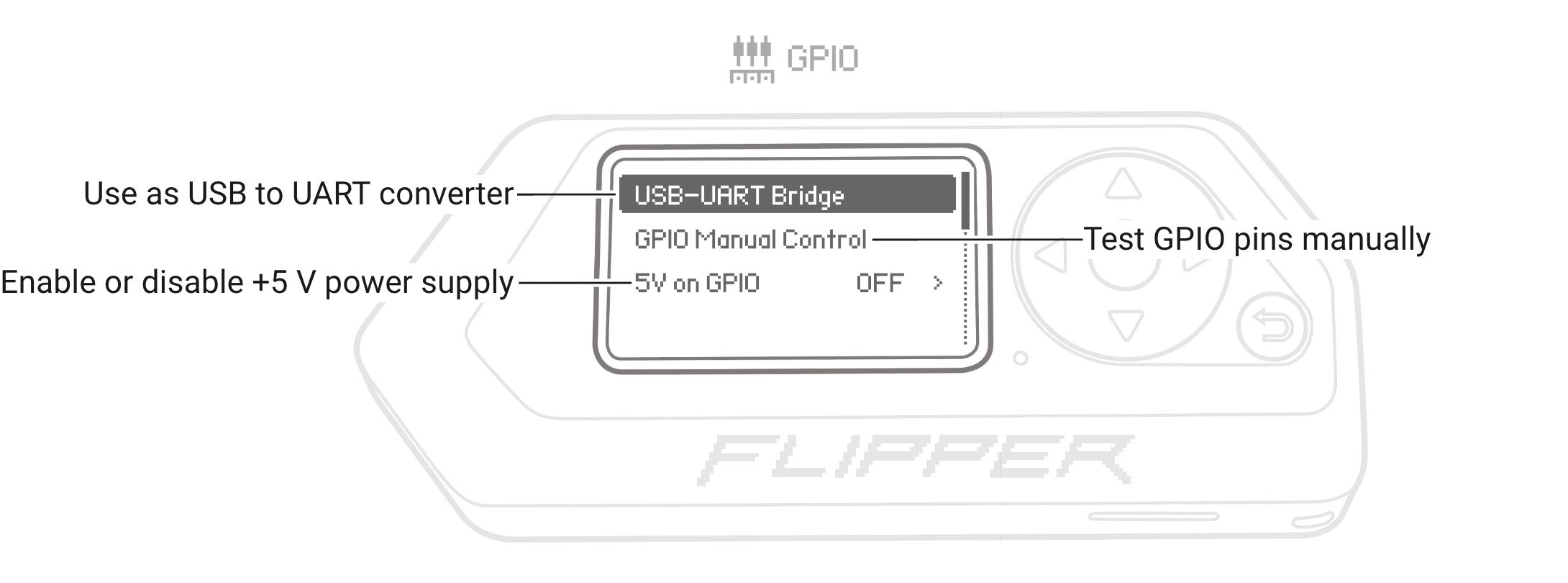-
Notifications
You must be signed in to change notification settings - Fork 14
Hardware
Keep in mind it comes with two of them. It's best to keep one extra in case a board gets burnt out and/or lost. I don't think I can find a singular one. I believe this is a clone, so be sure to set this as the clone in the Arduino IDE board manager.
Use this fork
It's 100% possible. We need to do the following:
- Solder pins to the D1 Mini ESP8266.
- We need to get this adapter.
- Attach Minigotchi to the adapter then attach this all to the Flipper Zero.
- Read output from there with the USB to Serial bridge, make sure
5V on GPIOis turned off.
This assumes that the minigotchi is wired correctly to the Flipper Zero. UART baud rate may need to be set manually.
We have dropped support for the pico, as it turns out, the ESP8266 is a microcontroller itself. ESP8266's are far more reliable for something such as this. I can make progress in the future for the Pico, but for now, I will stick to the ESP8266. Please do not complain to me that there is no support for it, it's merely your problem that I don't want to support that microcontroller.
Furthermore, the Raspberry Pi Pico doesn't support any sort of low-level frame sending/modification, which is one of the core features of the minigotchi. Please get an ESP8266/ESP32 if you ever plan on building this project
